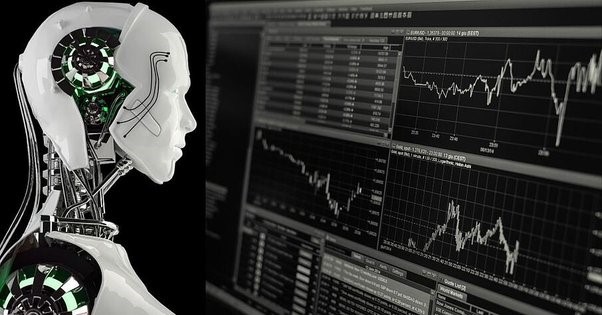Algorithmic Trading Systems: Components and Functionality Explained

Algorithmic trading systems have revolutionized financial markets by automating trade execution and decision-making processes. In this comprehensive blog post, we explore the components, functionality, and strategic implications of algorithmic trading systems. Additionally, we'll discuss the availability of algo trading services in the UAE to provide a global perspective on market trends and innovations.
Understanding Algorithmic Trading Systems
Algorithmic trading systems, also known as algo trading systems, utilize advanced mathematical models and algorithms to execute trades based on predefined criteria. Key components of algo trading systems include:
-
Algorithm Development: Algorithms are developed to analyze market data, identify trading opportunities, and execute trades with minimal human intervention.
-
Data Inputs: Systems integrate real-time market data feeds, historical price data, and economic indicators to generate trading signals.
-
Execution Platforms: Algo trading systems interface with trading platforms or APIs provided by brokerage firms to execute buy/sell orders automatically.
Components of Algorithmic Trading Systems
-
Market Data Feeds: Real-time and historical data sources provide inputs for algorithmic models, including price quotes, trading volumes, and market depth.
-
Trading Algorithms: Mathematical models and strategies define how trading decisions are made, incorporating technical indicators, statistical analysis, and machine learning techniques.
-
Risk Management Tools: Algorithms include risk controls to manage position sizes, limit exposure, and implement stop-loss orders to mitigate potential losses.
-
Backtesting and Optimization: Historical data is used to test and optimize trading strategies, ensuring robust performance under varying market conditions.
Functionality of Algorithmic Trading Systems
-
Automated Execution: Algorithms execute trades based on predefined rules and parameters, ensuring rapid order execution and minimizing slippage.
-
Scalability: Algo trading systems handle large volumes of trades across multiple asset classes and markets, facilitating scalability for institutional investors and fund managers.
-
Monitoring and Analytics: Real-time monitoring tools track portfolio performance, analyze trading metrics, and provide insights for strategy refinement.
Algo Trading Services in the UAE: Strategic Considerations
The UAE offers strategic advantages for algo trading services, including:
-
Technological Infrastructure: Advanced algo trading platforms in the UAE facilitate efficient trade execution and comprehensive market analysis.
-
Regulatory Environment: Algo trading services in the UAE comply with regulations set by the Emirates Securities and Commodities Authority (ESCA), ensuring transparency and investor protection.
-
Global Market Access: UAE platforms provide access to Middle Eastern and international markets, supporting diversified trading strategies and enhancing liquidity.
Conclusion
Algorithmic trading systems play a pivotal role in modern financial markets, leveraging technology to enhance trading efficiency and optimize investment outcomes. With the strategic advantages of algo trading services in the UAE, global investors can capitalize on advanced technology and regulatory support to navigate dynamic financial landscapes effectively.
For more insights into algorithmic trading systems, market trends, and strategic considerations, follow our blog for updates and comprehensive analyses.
Keywords: Algo Trading Services in UAE, Algorithmic Trading Systems, Trade Algo Software, Algo Trading Software Development, Stock Analysis Algorithms

